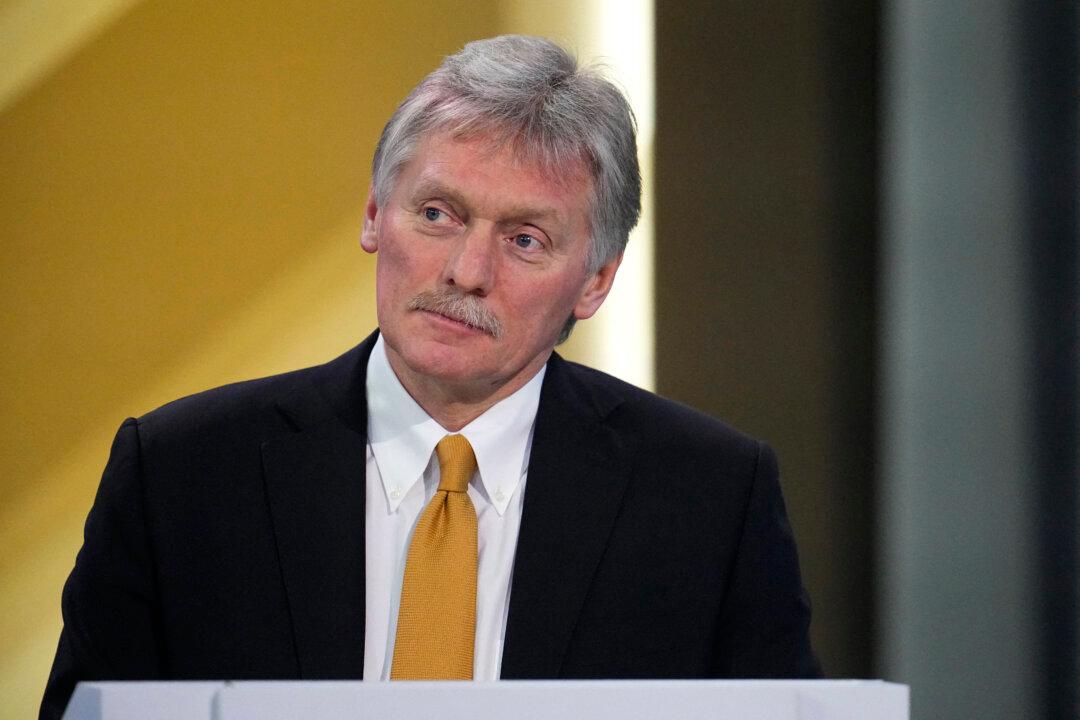Russia has dismissed a warning by the United States about Moscow’s new anti-satellite capability that could directly threaten the most critical U.S. civil and military infrastructure, calling it a political ruse intended to push U.S. Congress into approving more aid for Ukraine.
“It is obvious that the White House is trying, by hook or by crook, to encourage Congress to vote on a bill to allocate money; this is obvious,” Kremlin spokesman Dmitry Peskov told reporters.





